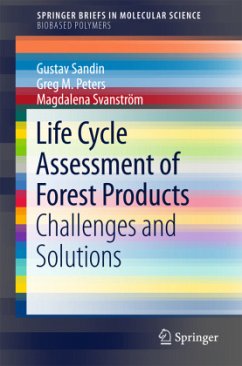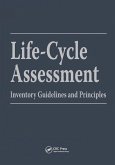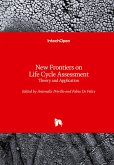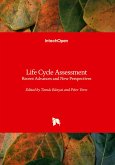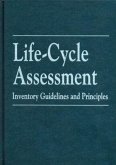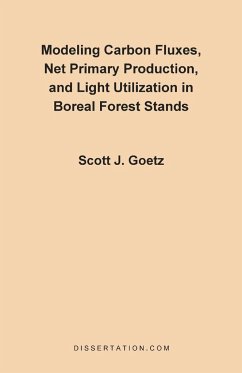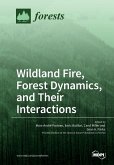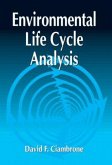This brief contains information on the reduction of environmental impact and explains how it is a key driver for the R&D of new forest products. The authors, experts in the field, describe how Life Cycle Assessment (LCA) is used to assess the environmental impact of such products, e.g. in order to guide R&D or attract investments. The authors describe the main challenges of carrying out LCAs on forest products, make recommendations for managing these challenges, and discuss future research needs. LCA case studies are used to illustrate the challenges, covering a variety of forest products: building components, biofuels, industrial chemicals, textile fibres and clothing. Described challenges include the planning of LCA studies (e.g.how can one use LCA in R&D?), the modelling of product systems (how can one handle multi-functionality and uncertainties related to waste handling and geographical location of future production?) and environmental impact (how can one assess waterand land use impact, and the climate impact of biomass?).
Bitte wählen Sie Ihr Anliegen aus.
Rechnungen
Retourenschein anfordern
Bestellstatus
Storno

